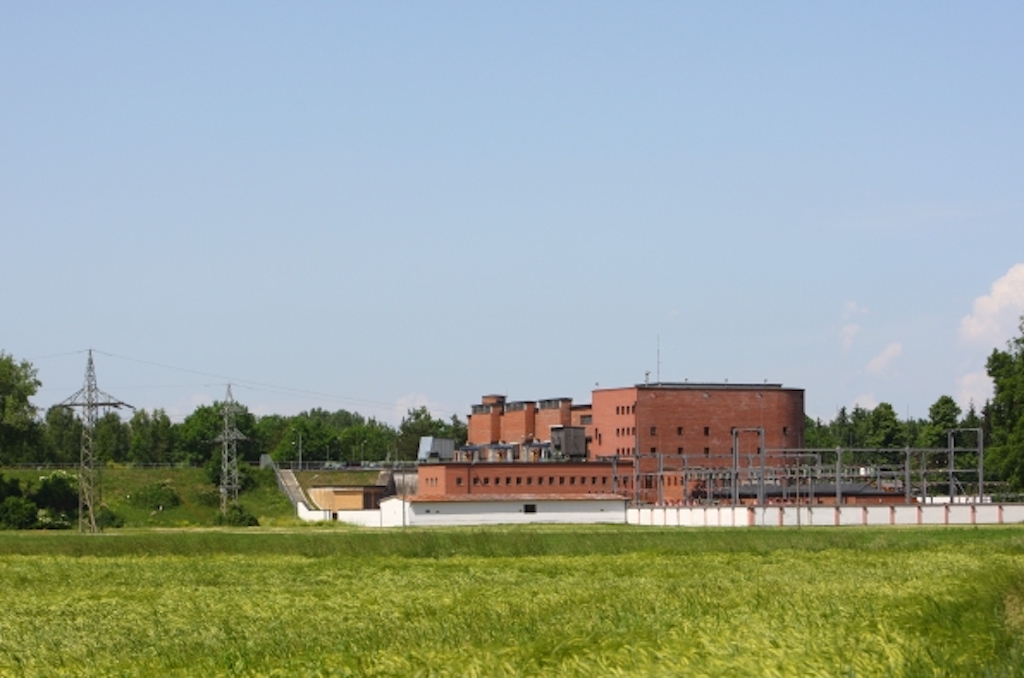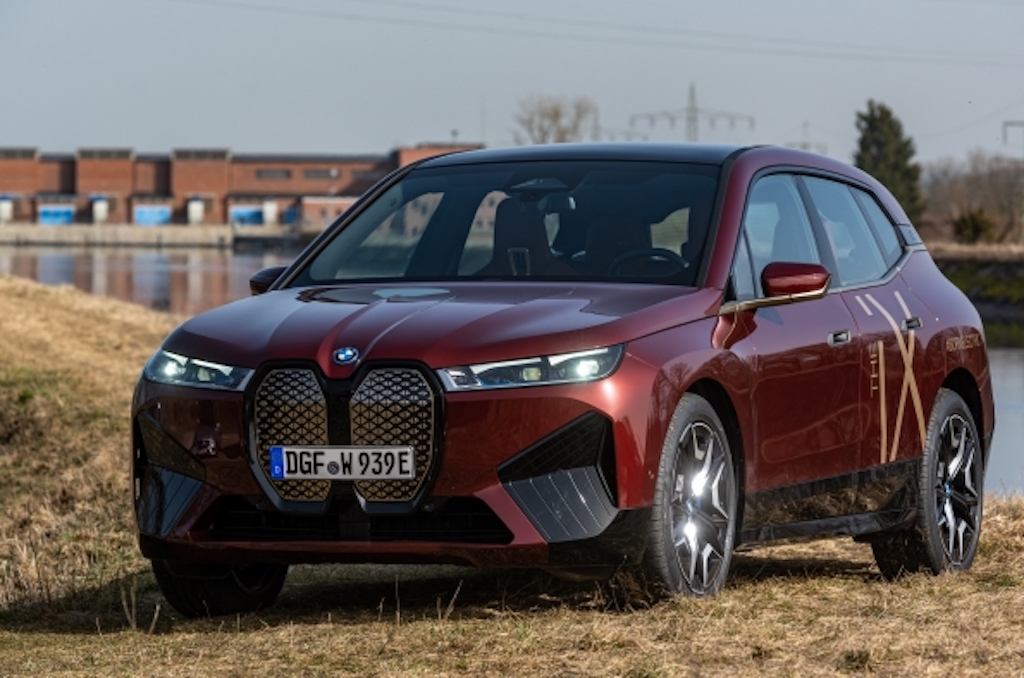BMW has announced that its new electric cars, the BMW iX and BMW i4, will be produced with hydroelectric power.
The Dingolfing and Munich factories will be supplied by hydroelectric and local power. This has been achieved after signing two contracts with Stadtwerke München and RWE Supply & Trading, two local companies that will provide hydroelectric power from the Isar and Lech rivers tributaries of the Danube in the German region of Bavaria.
As Milan Nedeljković, member of the Production Council, points out about this step forward: “At the BMW Group, we have adopted a global vision, in which sustainability is integrated throughout the value chain.”
Nedeljković affirms the spirit of the German brand that “instead of just minimizing emissions from driving, we are also working to reduce the carbon footprint of our production processes significantly.”
Today, the BMW Group already supplies its production facilities globally with green energy entirely.

According to Nedeljković: “The novelty is that, in the future, we will source renewable electricity directly from local suppliers located near our plants.”
The green electricity required for the BMW iX will come from the Isar Uppenborn hydroelectric plants between Moosburg and Landshut. Simultaneously, the production of the BMW i4 will be carried out with clean energy from the Lech hydroelectric plants in Gersthofen and Rain.
The energy they supply is also used to manufacture a wide range of components for the two electric models at the BMW Group plants in Landshut, Dingolfing, and Berlin.
The Teutonic brand has been working since 2013 to increase the supply of energy from renewable sources. An example of this is the four wind turbines at the Leipzig plant that provide all the electricity needed to make the BMW i3.
Another example of the BMW Group’s production network is the most recent plant in San Luis Potosí (Mexico), where production is mostly powered by energy from large solar panels.
The energy targets set by the BMW Group are long-term in mind. Between 2006 and 2019, emissions from production were reduced by more than 70% per vehicle.
In the future, Nedeljković explains: “We want to reduce CO2 emissions by another 80 percent by 2030, to be less than 10 percent of what they were in 2006”.
In addition to sourcing 100% green energy, since 2020, the BMW Group has continuously invested in improving energy efficiency by taking advantage of digitization opportunities.
Data analysis has already contributed to making production more efficient, such as predictive machine maintenance and minimizing the number of rejected parts in the workshop.

